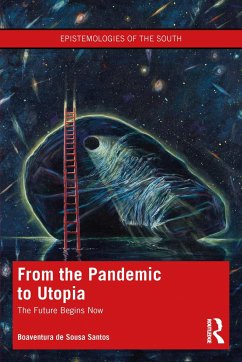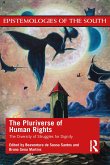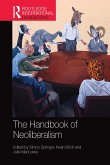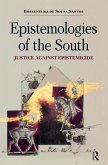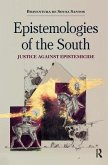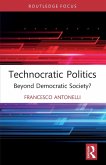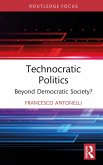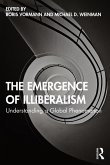The coronavirus pandemic forces us to rethink our contemporaneity. It has brought to the surface dimensions of human fragility that partially contradict the euphoria and human hubris of the fourth industrial revolution (artificial intelligence). It has also aggravated the social inequality and racial discrimination that characterize our societies. The book argues that the virus, rather than an enemy, must be viewed as a pedagogue. It is trying to teach us that the deep causes of the pandemic lie in our dominant mode of production and consumption. The systemic overload of natural resources creates a metabolic rift between society and nature that destabilizes the habitat of wild animals and the vital cycles of natural regeneration whereby pandemics become an increasingly recurrent phenomenon. In trying to take seriously this lesson the book proposes a paradigmatic shift from the current civilizatory model to a new one guided by a more equitable relationship between nature and society and the priority of life, both human and non-human.
The COVID-19 pandemic came as a wake-up call for humanity. The modern myths of a full mastering of nature by humans and of permanent growth on a limited planet have fallen apart. As humanity, we need a paradigm shift, new ways of thinking, inhabiting and living in our world with nature of which we are a part, rather than against it. In this incisive and comprehensive book, Boaventura de Sousa Santos, a leading global thinker of our time, provides us with tools to fulfil this collective mission that will define the 21st century.
Geoffrey Pleyers, University of Louvain, Vice-President of the International Sociological Association
Only Boaventura de Sousa Santos could deliver epochal thinking of this scale. As a dialectic of fear and hope, he ties the necessity of utopianism to the possibilities of a world devastated but also made transparent by the pandemic.
Michael Burawoy, University of California-Berkeley
Geoffrey Pleyers, University of Louvain, Vice-President of the International Sociological Association
Only Boaventura de Sousa Santos could deliver epochal thinking of this scale. As a dialectic of fear and hope, he ties the necessity of utopianism to the possibilities of a world devastated but also made transparent by the pandemic.
Michael Burawoy, University of California-Berkeley

